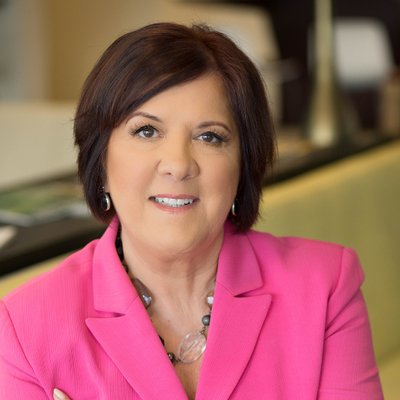In the upcoming year, when economists and Wall Street analysts are forecasting a recession, it will be too late to prepare for the worst.
The handwriting is clearly on the wall, they say: Interest rates keep rising, trade tariffs are increasing, and global growth is slowing down as the bull market enters its tenth year. The Leading Economic Indicator from the Conference Board began slowing down in November and, despite improvement in February, “its pace of growth could decelerate by year end.” In December over half (52%) of economists surveyed by financial publisher Bankrate now believe we’re headed for a recession in 2020.
Do your readers have too much credit card debt? Or not enough of an emergency fund? If they got laid off tomorrow, would they be able to pay their bills until they found another job? Business reporters can help their readers prepare for the worst by getting a conversation going now on how to:
Pay Off Debt
Do your readers have a plan for paying off their debt in 2019? Revolving credit card debt carried from month to month increased 6.7% in November 2018 , according to the Federal Reserve. The average U.S. household now carries close to $7,000 in revolving debt from month to month. Engage a panel of readers and consumer experts to focus on a sustainable plan for paying off debt.
Consumers could choose to use a “debt ladder,” paying off accounts with the highest interest rate, or a “debt snowball,” paying down accounts with the lowest balances first. Or they could consolidate several cards onto a no-interest one. Using a debt calculator also helps, but either way—debt-heavy consumers need a plan. Do your readers have one?
Build Up Your Emergency Fund
According to a recent report from the Federal Reserve Board, 40%, or 4 in every 10 Americans, don’t have the cash to pay for a $400 emergency. But how to come up with extra cash? Ask your readers for their tips, after reading these four tips from the financial guru and New York Times’ bestselling author Dave Ramsey.
The best way to build an emergency fund is to start with a budget, say experts. Do your readers have a budget that helps them save? Ask those who are successful to share their tips. Find a millennial or two to interview in your circulation area who figured out how to take this critical personal finance step in a challenging job market.
Diversify Your Investments
In times of market volatility, it’s best to listen to Vanguard founder John Bogle’s advice: “Stay the Course.” If you don’t know your “course,” meaning your asset allocation, or how your portfolio is balanced between stocks and bonds, then you haven’t been rebalancing regularly.
Talk to a financial advisor, or ask your company’s human resources department for help. If you’re too heavily invested in stocks, and nearing retirement, you may want to put more of your future money into bonds. 401(k) and IRA accountholders lost $2.7 trillion in their retirement accounts in 2008, according to the Urban Institute.











